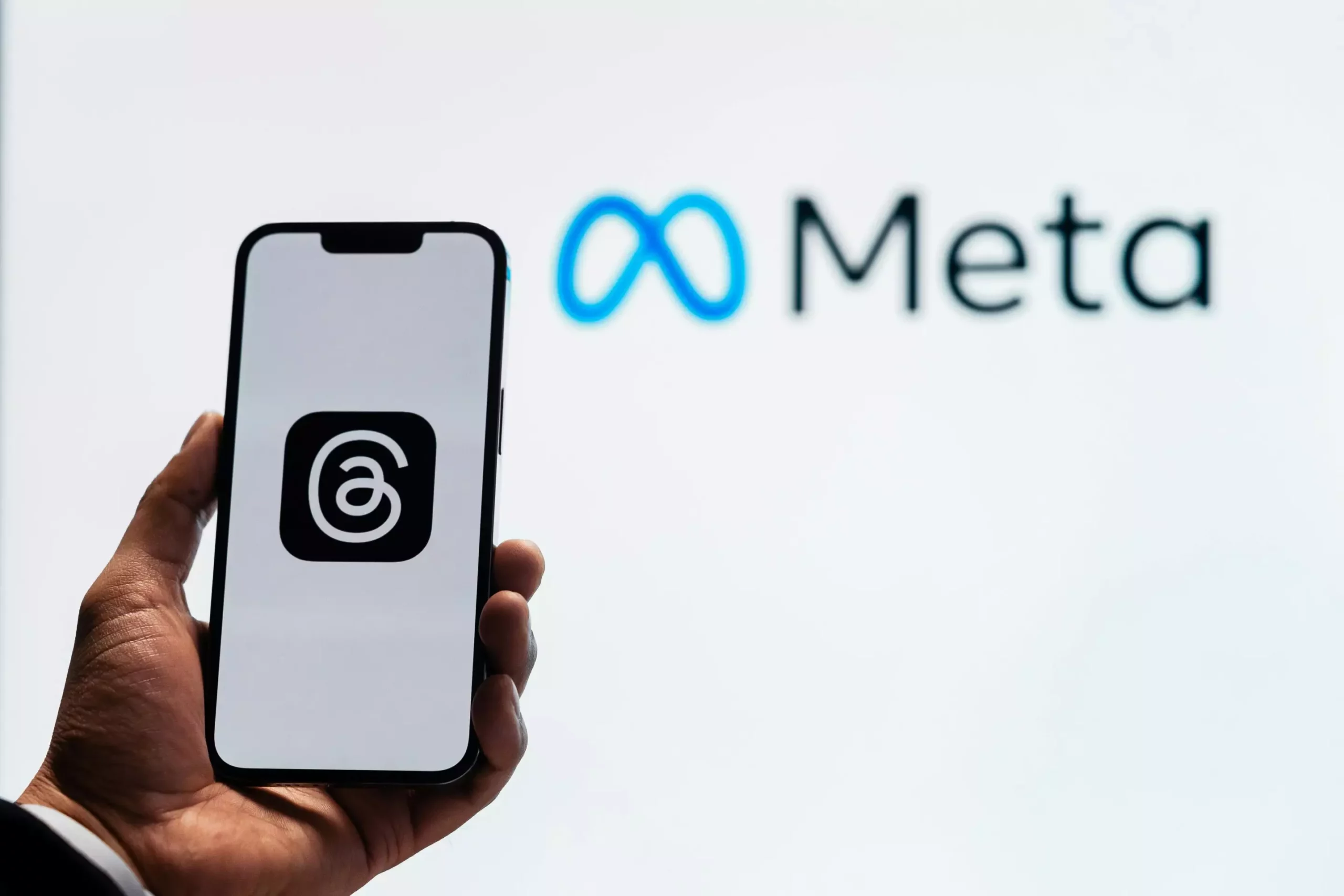The world of artificial intelligence (AI) is currently witnessing a battle between companies that prefer to keep their datasets and algorithms private (closed-source AI) and those that advocate for transparency by making their AI models publicly accessible (open-source AI). Meta, the parent company of Facebook, recently entered the fray by releasing a new collection of large AI models, including the groundbreaking Llama 3.1 405B. This move towards open-source AI is a significant step towards democratizing AI and making its benefits accessible to all.
While closed-source AI may offer companies a level of protection for their intellectual property and profits, it comes with drawbacks such as a lack of transparency and external accountability. This lack of transparency can hinder regulatory oversight and raise concerns about data privacy and the retraining of models. In contrast, open-source AI allows for the code and dataset behind AI models to be openly available, fostering collaboration, innovation, and community involvement. This accessibility is particularly beneficial for smaller organizations and individuals who may not have the resources to train large AI models from scratch.
Despite its many advantages, open-source AI also presents new risks and ethical concerns. Quality control can be an issue with open-source products, and the availability of code and data makes them vulnerable to cyberattacks and potential misuse. Hackers could exploit open-source AI for malicious purposes, such as retraining models with data from the dark web. These risks highlight the need for strong governance and ethical frameworks to ensure that AI technology is developed and used responsibly.
Among the leading AI companies, Meta has emerged as a pioneer of open-source AI. With the release of Llama 3.1 405B, Meta is advancing digital intelligence in a way that benefits humanity as a whole. While the model is not fully open due to the unavailability of the massive dataset used to train it, it still levels the playing field for researchers, small organizations, and startups. Meta’s commitment to open-source AI signifies a step towards democratizing AI and making it more accessible to a wider audience.
To ensure that AI serves the greater good and remains an inclusive tool for all, it is imperative to address key questions surrounding open-source AI. How can we strike a balance between protecting intellectual property and fostering innovation through open-source AI? How can we mitigate ethical concerns and safeguard open-source AI against potential misuse? These questions require collaboration between government, industry, academia, and the public to establish regulatory frameworks and ethical guidelines for the responsible development and use of AI technology.
The battle between open-source and closed-source AI highlights the importance of transparency, accountability, and collaboration in the field of artificial intelligence. By embracing open-source AI and addressing its associated risks, we can work towards a future where AI technology benefits society as a whole. The power to shape this future lies in our hands, and it is up to us to ensure that AI remains a force for good in the world.


Leave a Reply